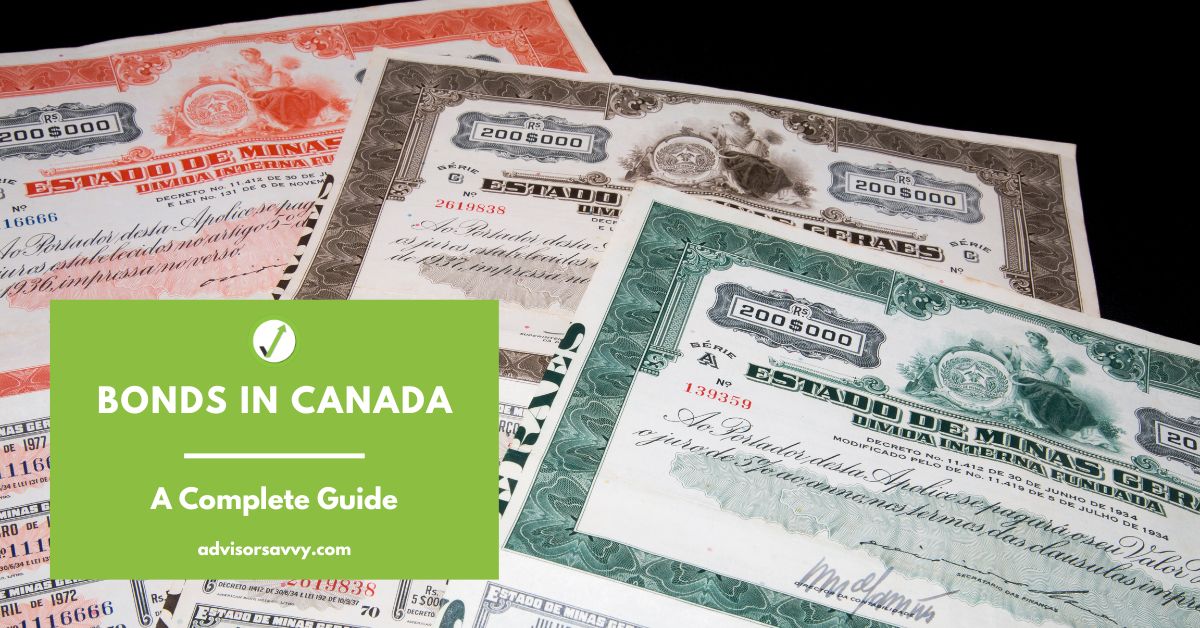Canada Bank Failure: A Brief History
Canada has a historically strong banking system. From 2000 to present, there have been zero bank failures. In the United States of America, there have been over 500 bank failures since 2000.For this reason, many are curious about potential Canada bank failure given the tumultuousness of our southern neighbors. The Bank of Canada started operations in 1935 and the Canada Deposit Insurance Corporation (CDIC) was founded in 1967. There have been significant protections put in place by these entities. This ensures economic stability within Canada’s financial sector. In addition, the regulation prevents Canada bank failure. The “Big Five” banks absorb or merge with failing smaller banks prior to their collapse in many instances. Canada has avoided many bank failures this way. Furthermore, Canada and its population tend to value larger, central, and more stable banks. In fact, they prefer it over smaller, regional financial services. For the few banks failures Canada has had, the CDIC has been able to step
Continue reading



















